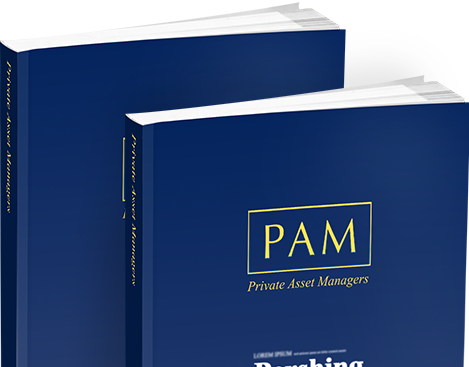Residential property is a key asset for many wealthy people. This will, of course, include a primary place of residence, but may include a second home, or investment properties.
London and its prime central locations in particular, remain relatively popular and have historically offered good returns. According to property investment firm London Central Portfolio, Capital growth in London central has averaged over nine percent p.a. over the last 15 years, even taking into account the short downturn during the credit crunch. This represents a doubling of value every eight years.
It added that gross annual rental returns are around 4.5 percent based on rent vs. capital expenditure (purchase price and renovation costs).
One reason why prices keep increasing is the attraction of the market to foreign investors. Changes introduced in 2013 by Chancellor George Osborne, mean that property worth £1 million or more that is held in a structure (such as a business or a trust) now have to pay Annual Tax on Enveloped Dwellings (ATED). Some suggested that this would mean London would become less attractive to overseas buyers. However, this has not deterred all wealthy individuals from buying in London, as the returns are still relatively high and there is the cultural and lifestyle element to the city.
In addition, within central London, there is a limited stock of residential property available.
Outside of London, property remains a strong asset for many investors. However, another clampdown by the UK Government on wealthy buy-to-let landlords means tax reliefs are likely to be cut.
Individual landlords can deduct their costs, including mortgage interest, from their profits before they pay tax, giving them an advantage over other home buyers. Wealthier landlords receive tax relief at 40 percent and 45 percent. This tax relief will be restricted to 20 percent for all individuals by April 2020.
As well as standard residential property, some much wealthier individuals may consider a landed estate. Although traditionally viewed as being the preserve of the British landed gentry, interest in these properties from foreign buyers has increased in the past two decades. However, landed estates come with extra concerns, complications and liabilities. Some professions suggest that they need to be run more like a business than a home.
When buying a residential property, investors should consider the total cost, which may include the purchase price, professional fees (from agents, lawyers, etc.), any renovations or refurbishment required, stamp duty and running costs.
Stamp duty changes introduced in 2014 put in place a sliding scale, so that more tax is due for more expensive properties. In addition, the Government is introducing a higher rate of stamp duty for additional residential properties.
Other tax considerations should also be taken into consideration when buying or selling property. It is sensible to seek professional tax advice when making high value property transactions.
The PAM Directory is a comprehensive guide on comparative data focusing on asset managers, investment managers, private banks, stockbrokers, wealth managers and multi-family offices, who provide discretionary and/or advisory portfolio management services for private clients.
Order Now
Subscribe to PAM to hear about the latest news and promotions
Site Content Copyright PAM Insight Ltd 2016
This option is not available when logged in as a Private Asset Manager.
For registering with PAMonline. You should now receive an email asking you to verify your email address. If you do not receive this email, please call +44 (0)207 967 1601 for assistance.
To reset your password please enter code below.
To restore your password please enter your email below.
To see full information of the Private Asset Managers, plus the opportunity to rate and follow, login or register
For registering with PAMonline.
You should now receive an email asking you to verify your email address.
If you do not receive this email, please call +44 (0)207 967 1601 for assistance.
To return to the Home page, click here
To see full information of the Private Asset Managers,
plus the opportunity to rate and follow, login or register.
Please fill in all the fields.
To activate your account enter valid activation code below.
To resend activation email type in your registered email address below. Or contact the PAM office on +44 (0)20 7967 1608 to get instructions to activate your account.
